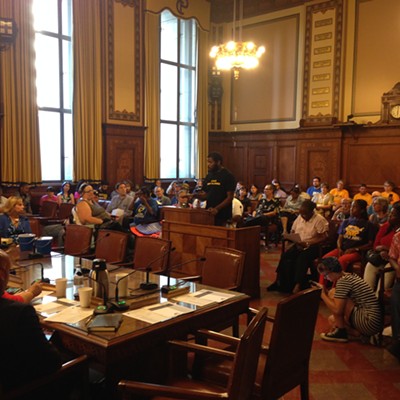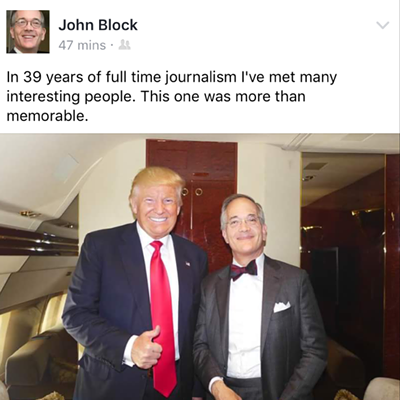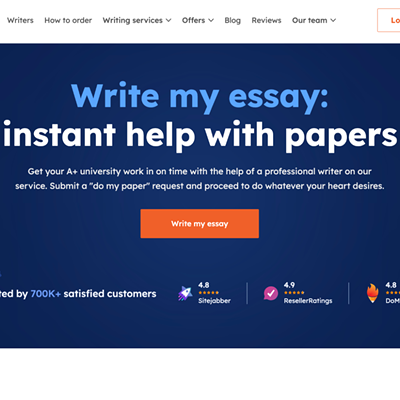Thursday, September 22, 2016
Clarion University helps business grads transition to workforce
With an unemployment rate of 7.2 percent and underemployment at 14.9 percent among recent college graduates, according to a 2015 study by the Economic Policy Institute, a college degree is not the guarantee of employment it once was.
To ease the transition from college to the workforce, students at Clarion University have a new program available to them — CUmentor, started by the Center for Career and Professional Development and the College of Business Administration and Information Sciences.
Started in fall 2015, the program matches up interested business students with Clarion graduates to help guide the fresh-faced job-seekers through the ropes of professional development.
Josh Domitrovich, Clarion’s coordinator for career mentoring and internships — and also a two-time Clarion graduate himself — has been in charge of the program since its inception.
“It’s a great way [for alumni] to give back in a meaningful way,” Domitrovich says of CUmentor, especially in light of the sometimes difficult financial circumstances that many recent college graduates find themselves in.
Clarion alums can give their time and experience to students — currently limited to the business school — as a “professional out in the field.” Participating students have engaged in mock interviews with mentors, asked for advice on internships and even inquired on managing work-life balance, according to Domitrovich.
Matching students with alums requires some ingenuity on the part of the university. To deal with the number of students seeking help — 70 for the first year — and set them up with a meaningful mentor, Clarion looked into using software. The cost, however, seemed prohibitively high.
“A majority of these softwares range [near] $10,000,” Domitrovich says. “[And] budgets from the state are tight.”
So, Clarion decided to source the software in-house. Led by Clarion professor Jon O’Donnell, who has taught computer science for 21 years and at Clarion for 18, students put together the software themselves. The match-making starts with a test.
“Mentors and mentees to fill out an application form with a lot of questions on it,” O’Donnell says. Each applicant gets questions about majors, industries and personal information such as gender, sexuality and athletic experience. Participants also rank the importance of these answers, and the data is fed into the algorithm.
The algorithm matches participants based on the answers, and gives a list of best matches to Domitrovich.
While O’Donnell has found professional success without an opportunity like the mentor program, he recognizes the importance of the program in a new job market.
“I wish I had it now looking back,” O’Donnell says. “Having faculty and advisers telling students you have to be on this stuff from the first day, that’s new and that [is] valuable.”
While initial returns have been favorable, the program’s still too new to have concrete data on CUmentor’s effect on participant’s eventual employment.
Domitrovich did note jobs and internships have come directly from mentors, and that Clarion hopes to “track employment rates” for participants. And the goal for next two years is to expand the program to the rest of Clarion’s students.
To ease the transition from college to the workforce, students at Clarion University have a new program available to them — CUmentor, started by the Center for Career and Professional Development and the College of Business Administration and Information Sciences.
Started in fall 2015, the program matches up interested business students with Clarion graduates to help guide the fresh-faced job-seekers through the ropes of professional development.
Josh Domitrovich, Clarion’s coordinator for career mentoring and internships — and also a two-time Clarion graduate himself — has been in charge of the program since its inception.
“It’s a great way [for alumni] to give back in a meaningful way,” Domitrovich says of CUmentor, especially in light of the sometimes difficult financial circumstances that many recent college graduates find themselves in.
Clarion alums can give their time and experience to students — currently limited to the business school — as a “professional out in the field.” Participating students have engaged in mock interviews with mentors, asked for advice on internships and even inquired on managing work-life balance, according to Domitrovich.
Matching students with alums requires some ingenuity on the part of the university. To deal with the number of students seeking help — 70 for the first year — and set them up with a meaningful mentor, Clarion looked into using software. The cost, however, seemed prohibitively high.
“A majority of these softwares range [near] $10,000,” Domitrovich says. “[And] budgets from the state are tight.”
So, Clarion decided to source the software in-house. Led by Clarion professor Jon O’Donnell, who has taught computer science for 21 years and at Clarion for 18, students put together the software themselves. The match-making starts with a test.
“Mentors and mentees to fill out an application form with a lot of questions on it,” O’Donnell says. Each applicant gets questions about majors, industries and personal information such as gender, sexuality and athletic experience. Participants also rank the importance of these answers, and the data is fed into the algorithm.
The algorithm matches participants based on the answers, and gives a list of best matches to Domitrovich.
While O’Donnell has found professional success without an opportunity like the mentor program, he recognizes the importance of the program in a new job market.
“I wish I had it now looking back,” O’Donnell says. “Having faculty and advisers telling students you have to be on this stuff from the first day, that’s new and that [is] valuable.”
While initial returns have been favorable, the program’s still too new to have concrete data on CUmentor’s effect on participant’s eventual employment.
Domitrovich did note jobs and internships have come directly from mentors, and that Clarion hopes to “track employment rates” for participants. And the goal for next two years is to expand the program to the rest of Clarion’s students.
Tags: college , education , university , mentoring , business , employment , Clarion , Image
















